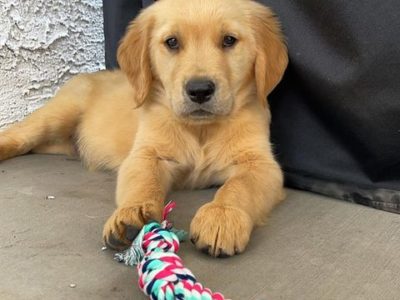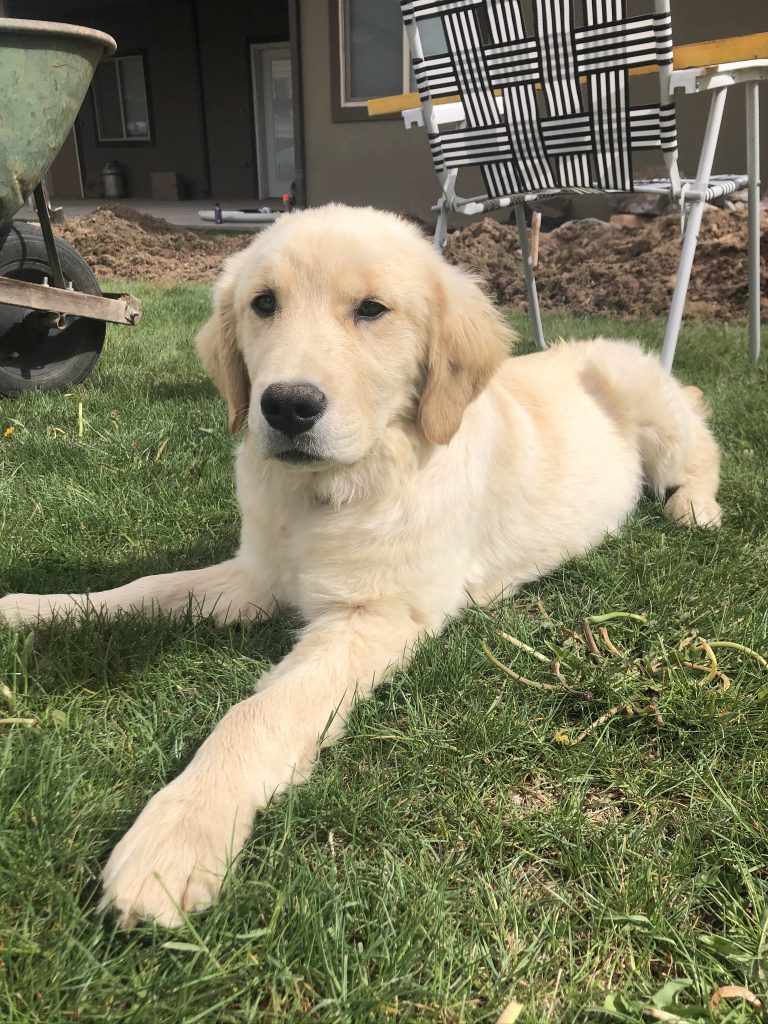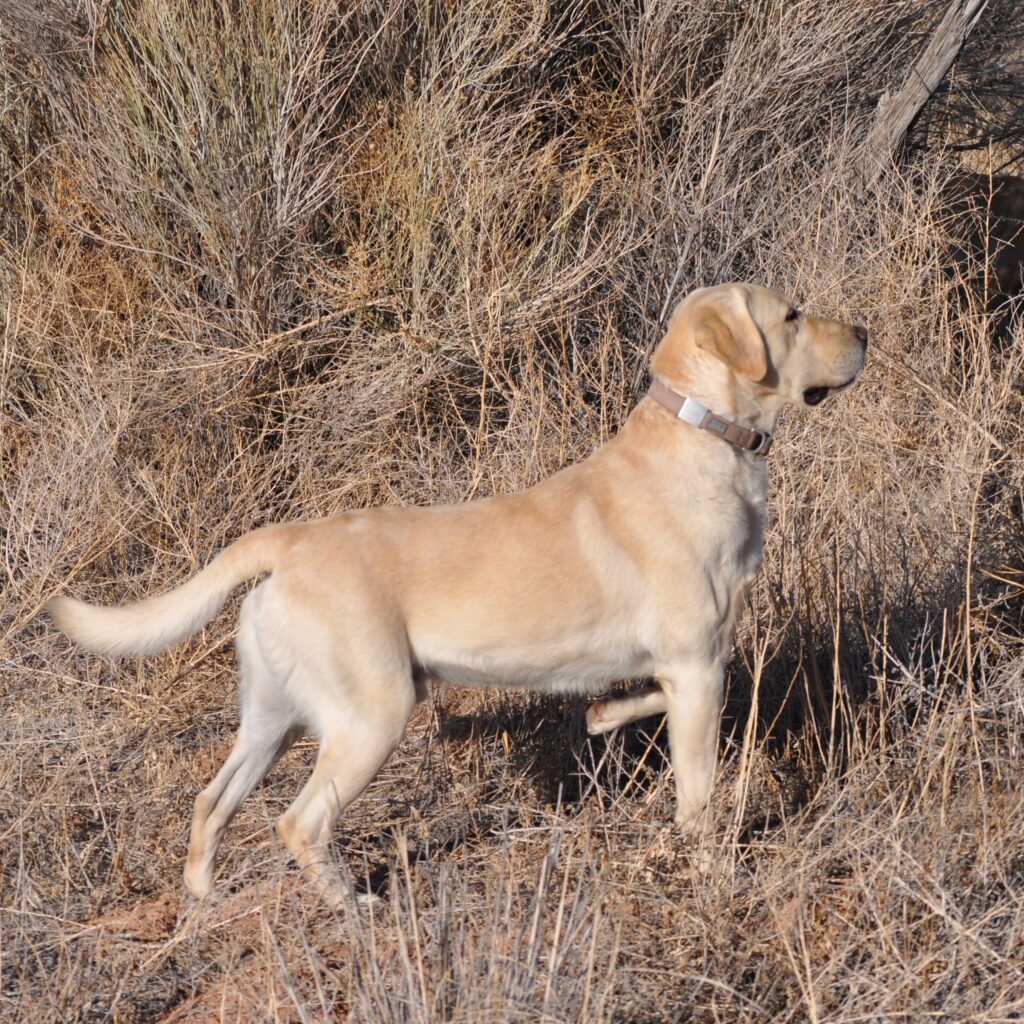Bringing home a new puppy can be an exciting and rewarding experience. However, it can also be a challenging one, especially when your furry friend starts biting and nipping at you. Puppies often use their mouths to explore their environment and play, but it's important to train them to stop biting before it becomes a habit. Here are some tips on how to stop your puppy from biting:
- Teach them bite inhibition: Bite inhibition refers to a dog's ability to control the force of its bite. This is an essential skill that puppies learn from their littermates and mother. You can reinforce this by yelping or saying "ouch" every time your puppy bites too hard. This will teach them that biting causes pain and is not acceptable behavior.
- Provide appropriate toys: Puppies need to chew to soothe their teething pain and also to explore their surroundings. Make sure to provide your puppy with plenty of appropriate chew toys such as ropes, rubber toys, or dental chews to redirect their biting behavior towards these items.
- Consistency is key: Consistency is vital when training your puppy. Ensure that all family members and visitors follow the same rules regarding biting. This will help your puppy to understand that biting is not acceptable under any circumstances.
- Exercise: Puppies have a lot of energy, and it's essential to provide them with enough exercise to release this energy. Take your puppy for a walk or play a game of fetch to tire them out. This will reduce their biting behavior and help them to stay calm.
- Redirect their attention: If you notice your puppy is starting to bite, redirect their attention to a more appropriate activity such as playing with a toy or training them with basic commands like "sit" or "stay."
- Socialization: Puppies that are well-socialized are less likely to bite. Introduce your puppy to different people, animals, and environments to help them develop good social skills.
- Seek professional help: If your puppy's biting behavior persists, consider seeking professional help from a certified dog trainer or behaviorist. They can help identify the underlying cause of the behavior and develop a customized training plan to stop it.
In conclusion, training your puppy not to bite requires patience, consistency, and lots of positive reinforcement. By providing appropriate toys, redirecting their attention, and teaching bite inhibition, you can help your furry friend to develop good behavior habits that will last a lifetime. Remember to be patient and persistent, and most importantly, have fun with your new furry friend!


